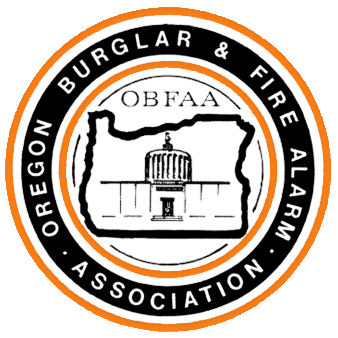Limited Energy A Technician
Low Voltage Technician jobs are in demand and a great long-term career choice.
If you are not already licensed, apprentice positions are available for this license. You can have a thriving career working for some of the premier companies thanks to the explosion of smart IoT (Internet of Things) of all things low voltage.
What Does a Low Voltage Technician Do?
The majority of the work performed by Technicians includes installation and maintenance of any Low Voltage Cabling for systems that support commercial buildings in the United States. Essentially, Low Voltage Technicians execute structured cabling work to install, service and maintain, repair and modify the low voltage category cabling, Security, Fire, Access Control, Surveillance Video, communications cabling, fiber optic cabling, Networking and Network management, Automation, Audio-Video Systems, Lighting and many other low voltage cabling and technology systems.
Employers and clients benefit greatly by having qualified and capable technicians.
What Are the Responsibilities of a Low Voltage Technician?
- Pulling, labeling, dressing and termination of horizontal cable, including cat5, cat6, fiber, coax, AV wire, Fire Alarm and security & access control.
- Configure, maintain, and fix issues of the data network, telephony systems, security, fire, access control, CCTV and other associated technologies in conformity with the conventional processes and standards.
- Provide System Testing and documentation.
Are there Education Requirements for Low Voltage Technician Jobs?
If you already have an Limited Energy A License (LEA) you’re ready to apply.
If not, you will need to meet some basic educational requirements to apply for an apprenticeship role.
You must at least a GED or a high school diploma to be considered. You must have a valid drivers license. In addition, you should to have a fundamental knowledge of EIA, TIA and ANSI Standards (Electrical Industry Association; Telecommunications Industry Association and American National Standards Institute).
If you want to stand out and accelerate your advancement in this field, additional certifications can help to land the most valuable clients. Additional qualifications include:
- Bachelor’s or associate degrees in Electrical Engineering, IT, or Computer Networking.
- CNCI (Certified Network Cable Installer) qualifications.
- Joining and studying under organizations such as BICSI and NFPA.
What Skills Do I Need?
You should have a foundational knowledge of the EIA / TIA standards, should have a basic understanding of Blue Print Reading and interpretation.
On top of those skills, it is necessary to be aware of OSHA safety standards. You need to have planning and organization skills to meet daily work requirements. Many projects require traveling to job sites that may be remote. This means you should have a vehicle and a valid driver’s license.
You also need to have strong written and verbal communication skills, as you will need to interact with team members, clients, and management. As you progress, it is vital to have strong analytical and problem-solving skills.
What Salary Can I Expect?
The average annual compensation in Oregon and SW Washington is $70,720. Working for a company in Oregon who has project-ready clients will be able to earn $33 to $46 per hour, depending on experience**.
** Apprenticeships available and begin at 50% of the Regulated Rate.
The value of experience cannot be emphasized enough, which is working for a OBFAA member company like can get you in the door and on projects much quicker to gain that experience. As you gain experience and develop leadership skills, anyone starting out as a Low Voltage Technicians can progress to senior roles like Foreman, Project Manager, or even Operations Manager.
By working as a Low Voltage Technician for an OBFAA member company you will be continuously introduced to new technologies and improving your opportunities in the field.
